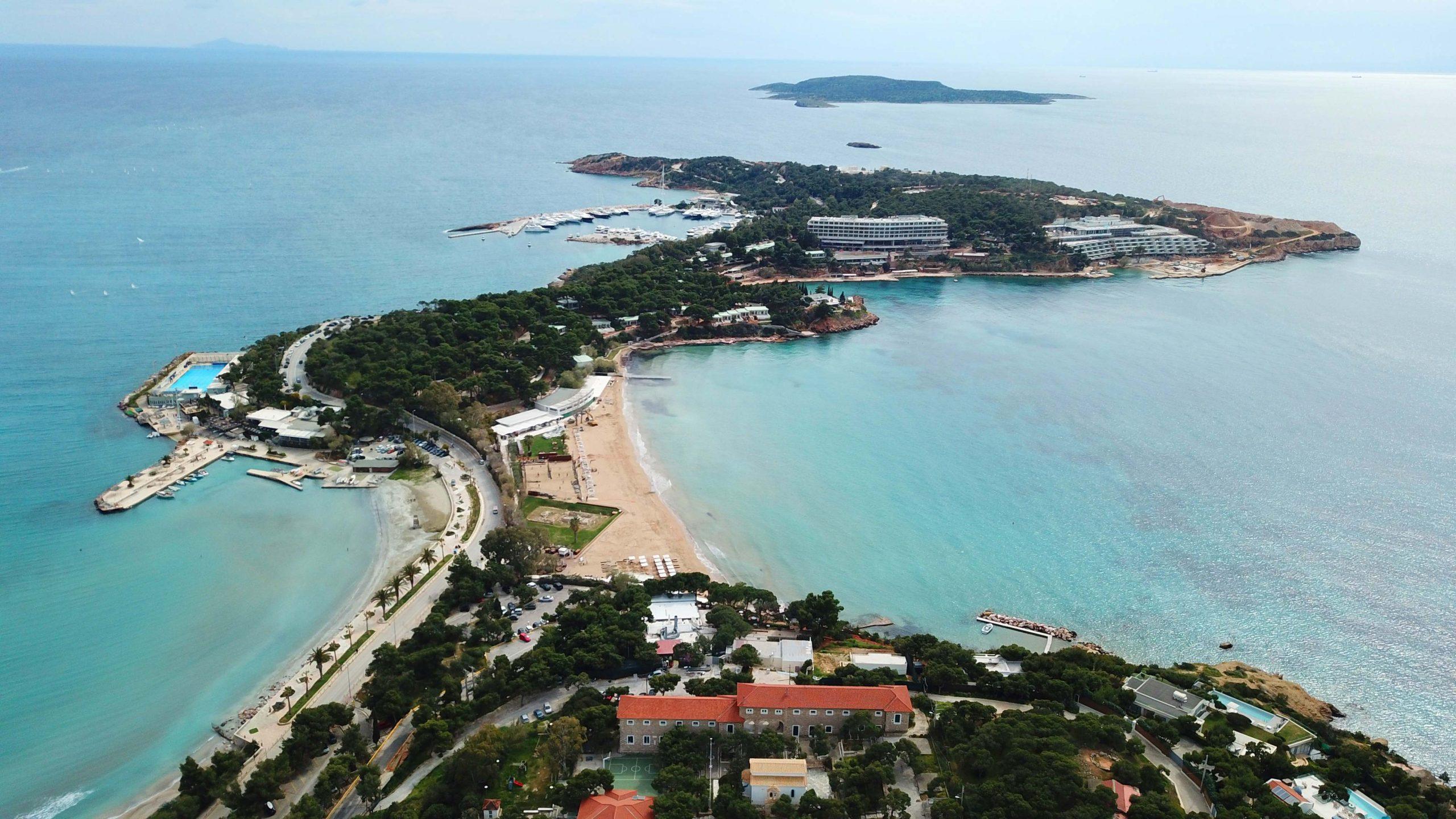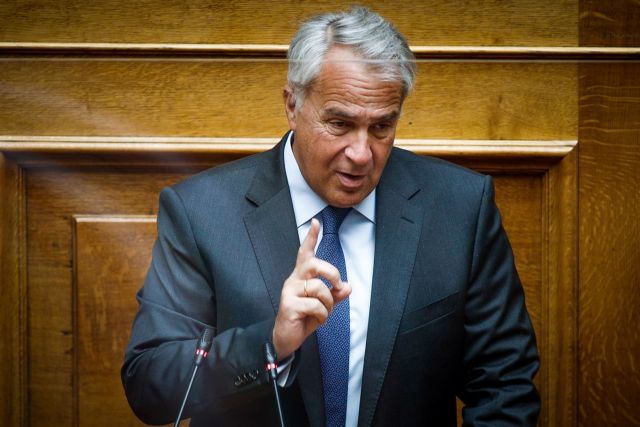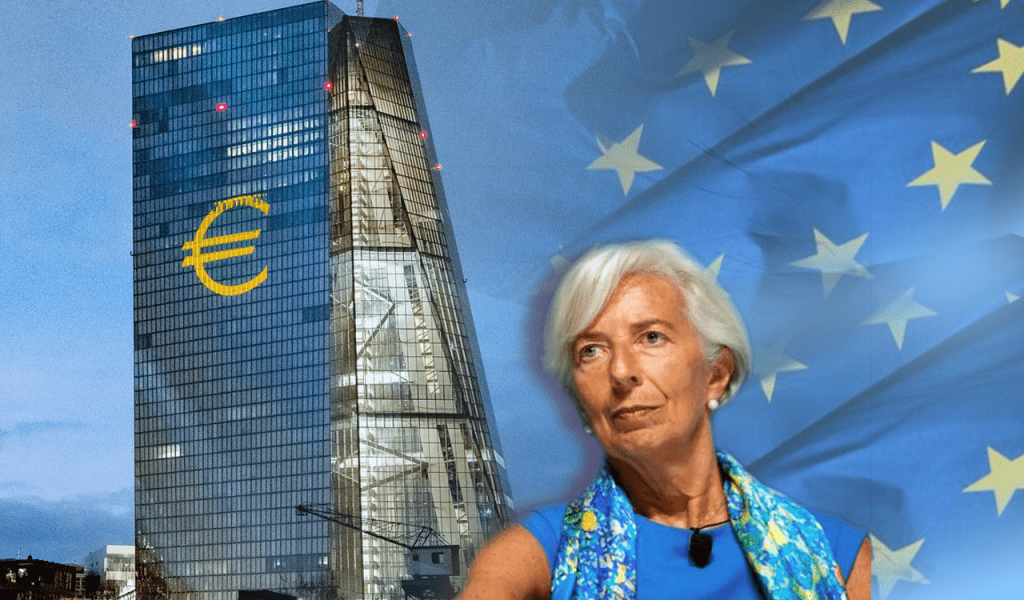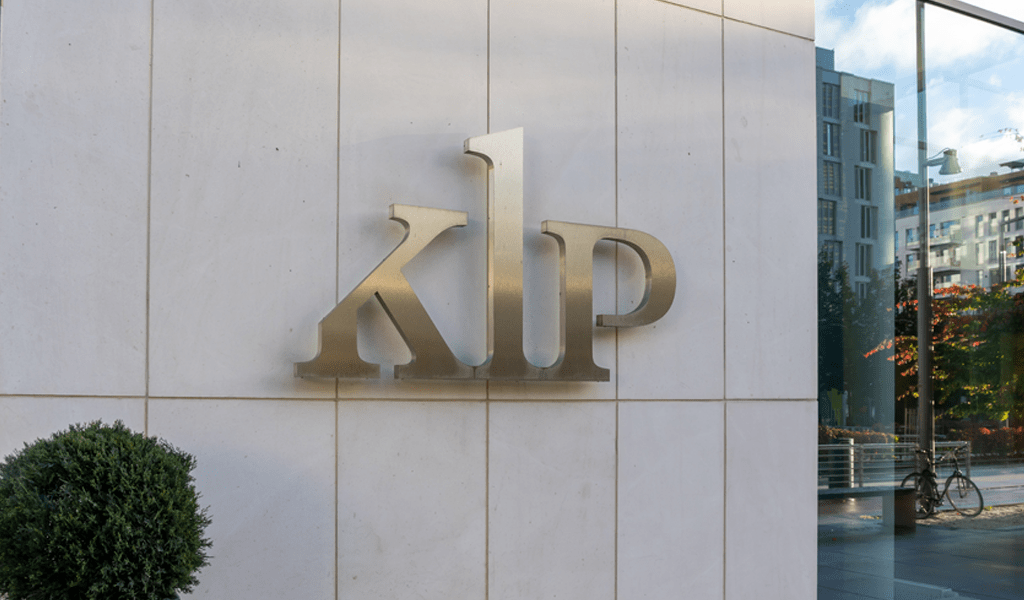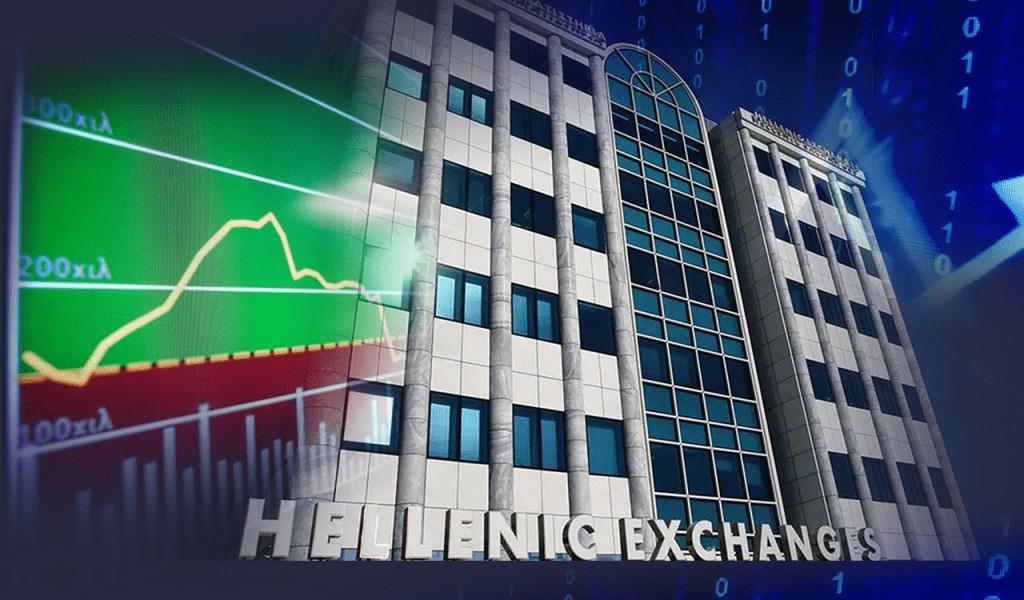Inflation in Greece fell to 9% in November from 9.5% in October, according to preliminary data released today by Eurostat. In the euro zone it was 10% from 10.5%.
Looking at the main components of inflation in the euro area, energy recorded the highest annual rate in November (34.9%, compared to 41.5% in October), followed by food, alcohol and tobacco (13.6%, vs. 13.1% in October), non-energy industrial goods (6.1%, flat vs. October) and services (4.2% vs. 4.3% in October).

Markets are watching the course of inflation in order to be able to predict the path that the European Central Bank will follow in terms of its interest rate policy.
December’s wager
December will be another particularly important month for the course of monetary policy as the European Central Bank and the US Federal Reserve try to balance rate hikes between fighting inflation and protecting the economy from recession. With just one day difference, on the 14th and 15th of the month, FED and ECB respectively will not only proceed with new interest rate hikes but are also expected to signal the path they will follow in 2023.
The Fed has begun to signal that it may cut back on its single very high rate hikes of 75 basis points at a time and move toward another 50 basis point rate hike. ECB officials are reportedly considering the same after the recent big jumps in the cost of borrowing in the Eurozone – at a time when there are reactions from “hawks” such as the central banker of Austria, Roberto Holzmann, who is calling for an increase of 75 basis points.
European Central Bank policymakers may slow rate hikes by 50 basis points next month, according to sources cited by Bloomberg, as early contacts on the matter suggest a lack of momentum for a new move 75 basis units, according to the same sources. Everything can change of course if there is any surprise from the inflation front.
All options open
Last Monday, ECB chief Christine Lagarde left all options open regarding the size and number of future ECB rate hikes, stressing that monetary policy will depend on several variables.
“How much further we need to go on interest rates and how quickly we need to get there will depend on revised forecasts for the path of the economy, how wages will react, inflation expectations, the persistence of shocks but also the assessment us about how our policy works,” Lagarde told the European Parliament.
Investors are so far trying to assess whether the ECB will increase interest rates by 50 basis points or by 75 points at the next meeting and also what the peak of the interest rate increase will be.
“In December,” explained the ECB head, “we will also set the basic principles for the reduction of bonds in the portfolio of the asset purchase program. It is advisable for the balance sheet to smooth out over time in a measured and predictable manner.
Interest rates are and will remain the main tool to fight inflation. Higher interest rates reduce pressures on demand, making it more expensive to borrow and affecting the way people and businesses spend, save, borrow and invest. This in turn will put downward pressure on prices, although the adjustments will take some time to be felt in the economy.”
The course of inflation in the eurozone
Inflation in the eurozone has not peaked and the risk is that it will turn out to be even higher than expected today, points out the president of the European Central Bank, Christine Lagarde.
“We don’t see the evidence or the direction that would lead me to believe that we have reached peak inflation and that it will come down in the short term,” Lagarde said.
“Every time I ask my top economists at the ECB … about the risk, the answer I get at the moment is (that) the risk is on the upside, without specifying the upside,” he concluded.
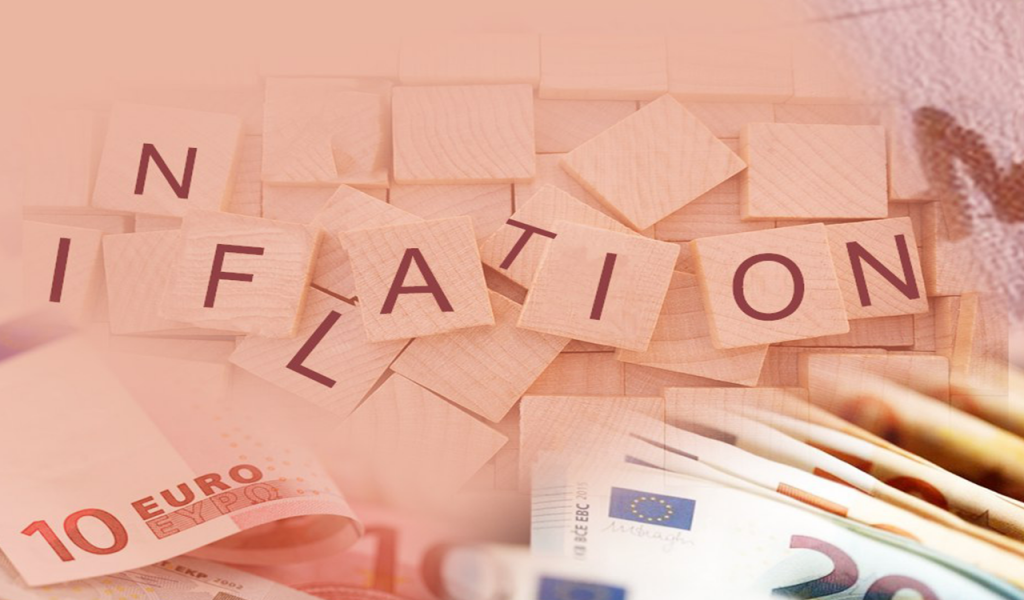







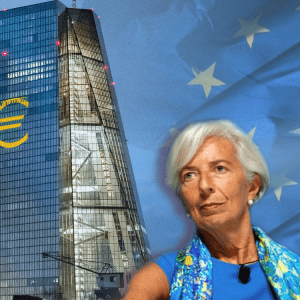







![Μπόνους δόμησης: «Τρίζει» η οικοδομή – Οι φωτιές που άναψε ο ΝΟΚ [πίνακες]](https://www.ot.gr/wp-content/uploads/2025/06/building-6705864_1280.jpg)






